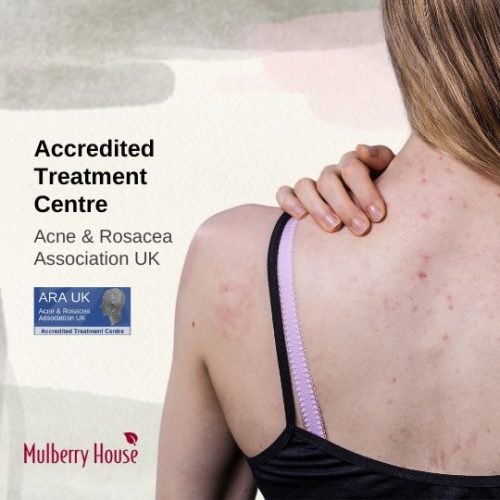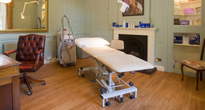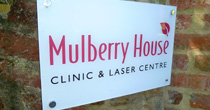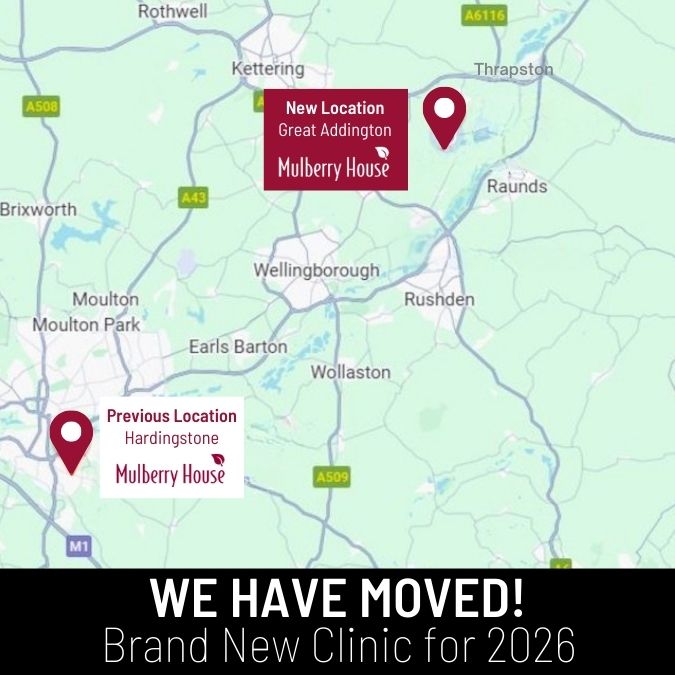As if the whole red, inflamed situation wasn’t bad enough, sometimes acne can come with an annoying itch too. So what makes acne itch and what can you do about it?
This blog explores deep into itchy acne, exploring the reasons behind the itch, the tell-tale signs, and how to finally get some relief.
3 reasons why your acne is suddenly itching
There are 3 main reasons why acne can become itchy and irritating:
- Inflammation:
Acne itself is caused by inflamed pores. This inflammation can irritate the surrounding skin, leading to that itchy feeling. - Dryness:
Many acne treatments, especially aggressive topical solutions like benzoyl peroxide, can dry out your skin. Dry skin is more prone to itching, creating a vicious cycle. - Skin Barrier Breakdown:
Acne can damage your skin’s natural barrier, making it more susceptible to irritation and itchiness from external factors.
Is it definitely acne?
Take a step back for a moment. While itchy bumps can definitely be acne, it’s important to consider other possibilities. Understanding the cause of your rashes and inflammation is key to avoiding triggers and/or finding the best way to treat it. Here are some other skin conditions that can also cause acne:
- Eczema: This skin condition can cause itchy, red patches that sometimes resemble acne.
- Keratosis Pilaris: This common condition features small, itchy bumps often on the upper arms and legs but can also appear on the face.
- Allergic Reaction: New skincare products or makeup can trigger an allergic reaction that presents as itchy bumps.
If you’re not sure, it’s best to consult an expert to confirm diagnosis.
Treatment options for itchy acne
Here’s how to combat the itch and get your skin feeling calmer:
- Review your product regime:
Give your skin a break from harsh cleansers, scrubs, and drying acne treatments. Opt for gentle, fragrance-free products. - Moisturise, Moisturise, Moisturise:
Combat dryness with a gentle, oil-free moisturiser to hydrate and sooth your skin. Look for ingredients like hyaluronic acid or ceramides to replenish the skin barrier. - Spot Treat Wisely:
Use a gentle spot treatment containing salicylic acid or benzoyl peroxide (in moderation) to target inflamed pimples without over-drying. - Try not to scratch:
It’s true, scratching will only worsen the inflammation and potentially lead to scarring. Instead, try applying a cool compress to soothe the itch. - Destress:
Stress can exacerbate acne breakouts and itchiness. Relaxation techniques like meditation or yoga can help manage stress and potentially improve your skin’s overall health.
Professional treatments
If your itchy acne is persistent or severe, it’s best to see a doctor or a skin treatment practitioner for advice.
Your GP may prescribe tablets or refer you to a dermatologist. However, tablets can have unpleasant side effects and waiting lists for dermatologist referral can be long and subject to stringent criteria.
Private acne treatment centres such as Mulberry House Clinic are another option. Here trained specialists can provide tailored treatment plans which often combine a number of different approaches. Some treamtents are designed to destroy the bacteria that cause acne breakouts, some provide intensive exfoliation and many of the treatments also work to promote skin regeneration, healing and recovery; helping the skin to become healthier going forward and more resilient to future inflammations.
Acne treatments Northamptonshire
Options include:
- ResurFX™ Laser Skin Resurfacing – intensive exfoliation and stimulation of skin healing
- Facial Peels – chemical exfoliation
- Microdermabrasion – mechanical exfoliation
- PRP Platelet Rich Plasma – treatment which promotes healing and recovery within the skin, using the body’s own resources
- Prescription skincare with solutions specifically designed for acne sufferers; including our very popular ZO Skin Health. The right skincare regime can make a world of difference to acne with daily use, helping the skin to become clearer and healthier.
Acne & Rosacea Association UK Accredited Treatment Centre
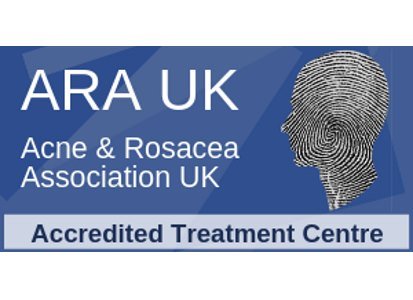
The Acne & Rosacea Association UK is a registered charity which aims to improve the management of these diseases by training Doctors, Nurses and Pharmacists on the best ways of treating them and solutions.
Mulberry House Clinic has met the organisation’s criteria by offering comprehensive range of treatments dedicated to helping those with acne, as well as its after effects including acne scarring.
Acne can be a complex condition, but Mulberry House Clinic has a very medical bias. It was established by former GP Dr John Tanqueray along with former SRN nurse Liz Tanqueray. With a medical background, the clinic team have always been keen to provide solutions for common skin health issues as well as anti-ageing and beautification.
More Information
Mulberry House Clinic
Established 2003
Mulberry House Clinic has an excellent reputation in the Northampton area as an independent, doctor-led practice with vast experience of the industry. Cosmetic skin treatments are carried out by Dr John Tanqueray, who works closely with leading manufacturers to remain at the forefront of the medical aesthetics.
A private consultation is the starting point for all patients in order to facilitate a full discussion about the desired results as well as detailed facial and skin assessment. Find out more about first consultation.
For further information or to arrange a confidential consultation, please complete our contact form, call 01604 702630 or email: info@mulberryhouseclinic.co.uk.
